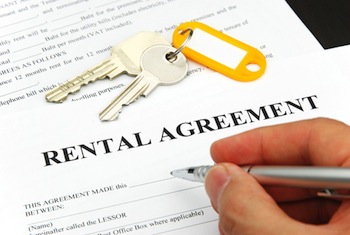In a housing market turned, the obligation of the landlord becomes important.
Various obligations of the lessor
The lessor of a dwelling is required by law to comply with 6 obligations:
The obligation to deliver decent housing: It involves no risks that could endanger health as physical safety of the tenant. This also means that the dwelling must be provided with a living area, conforming to a residential use.
The obligation of maintenance, repair and operation: It is the responsibility of the lessor for all repairs other than rental repairs. In some cases, the landlord may enter, by an express clause in the lease to reduce the rent charged to the tenant in return for certain repairs or maintenance;
The obligation not to oppose the execution of works: It applies only to requests made by the tenant, and not turning the housing. The landlord may therefore not oppose small developments, that do not modify or sanitary facilities, doors, partitions and even distribution of housing;
The obligation to ensure a peaceful use of the home: It protects the tenant against any potentially embarrassing actions of the lessor. This obligation does not apply however to problems caused by third parties, like the noise, or the exceptional circumstances required by law: improvement work, emergency repairs, etc;
The requirement to pass a rent receipt: It intervenes at the express request of the tenant. The landlord must give away his tenant a receipt for rent, distinguishing the amount of rent (even in case of partial payment) of the expenses;
The obligation to make an annual adjustment to rent expense: It is accompanied by an obligation to inform the tenant of the evolution of these charges. A month before the annual adjustment of rental charges, the landlord must provide the tenant and the estimated budget, with the count by type of expense. It must also keep supporting documents available to tenants for a month after sending this statement.
